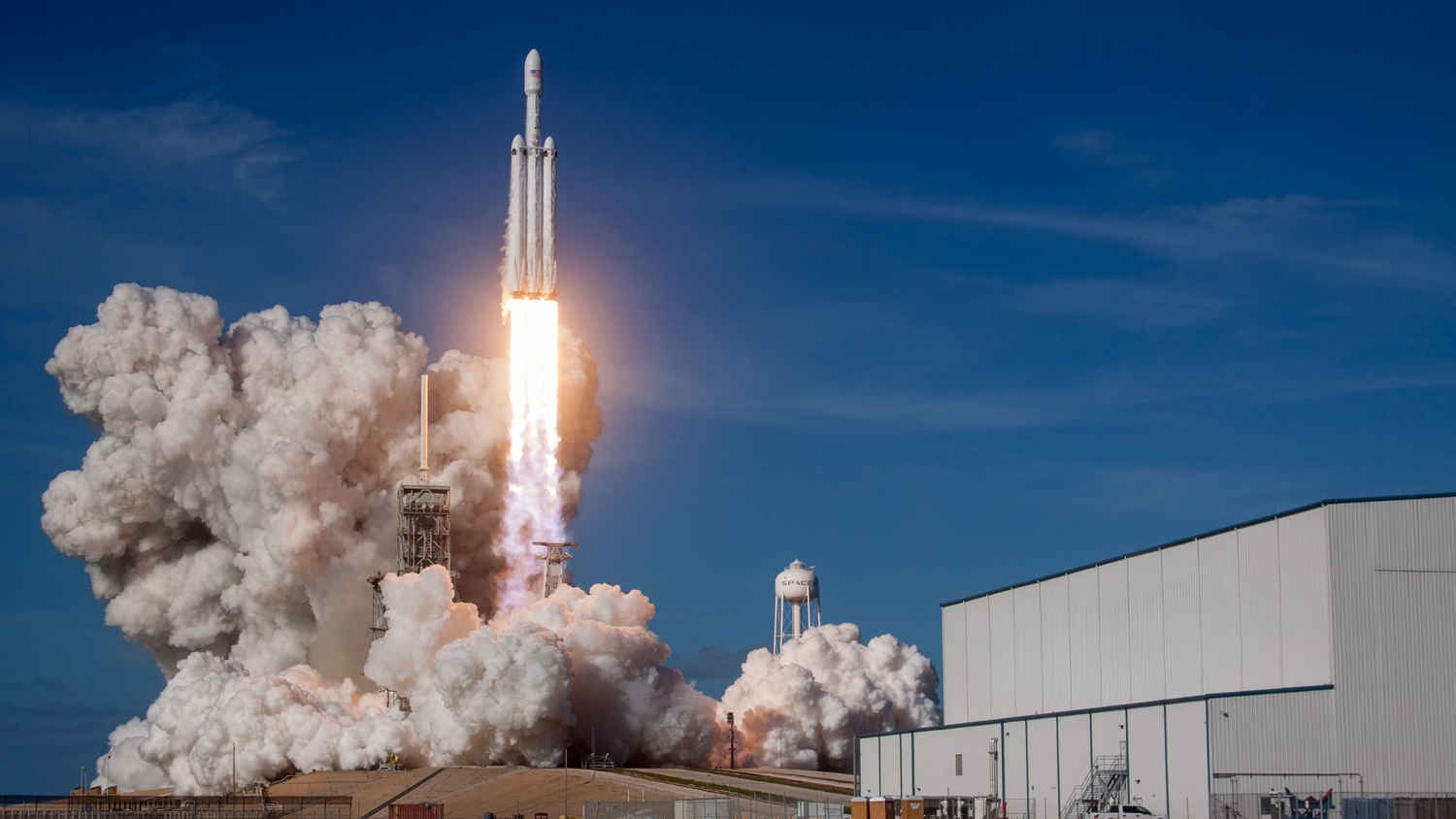NASA-ISRO joint mission NISAR delayed, pushed till Feb 2025: More details here

This delay can potentially push the launch timeline beyond February 2025.
Reason behind this issue is attributed to orbital constraints and ongoing work on the spacecraft's antenna.
These fluctuations are caused by alternating sunlight and shadows.
NASA and the Indian Space Research Organisation (ISRO) have joined hands for the NASA-Isro Synthetic Aperture Radar (NISAR) mission. Everyone is eagerly waiting for this event. But I have some bad news in that regard, the joint venture is seeing some delay. This can potentially push the launch timeline beyond February 2025. Let’s find out what has caused this delay.
The reason behind this issue is attributed to orbital constraints and ongoing work on the spacecraft’s antenna. This is crucial for the mission’s success. So NISAR is designed to map Earth’s land and ice surfaces using cutting-edge radar imaging technology. This will provide invaluable data for understanding environmental changes and natural hazards.
Initially, it was expected that the satellite would be launched in October 2024, but now it has been pushed to February 2025. There are concerns about temperature fluctuations that could occur during this period, too. These fluctuations are caused by alternating sunlight and shadows. It may impact the deployment of NISAR’s boom and radar antenna reflector.
The radar antenna is under construction in California. NASA is making sure that it can withstand these temperature variations during its deployment. To further protect the reflector, it was sent back to India for the application of a special coating designed to deal with potential temperature increases.
Once all the important testing is done by NASA, the reflector will be shipped back to India, where it will be reintegrated with the radar system at ISRO’s Bengaluru facility. NASA and ISRO teams will figure out a new launch readiness date.
Also read: Sunita Williams still stuck in space: Here’s what happens in this situation
The success of the NISAR mission is important for both NASA and ISRO. It is a critical mission for global climate science and disaster management. The satellite is expected to provide crucial insights into Earth’s dynamic systems, including ecosystem disturbances, ice-sheet collapse, and natural hazards such as earthquakes and tsunamis.
Mustafa Khan
Mustafa is new on the block and is a tech geek who is currently working with Digit as a News Writer. He tests the new gadgets that come on board and writes for the news desk. He has found his way with words and you can count on him when in need of tech advice. No judgement. He is based out of Delhi, he’s your person for good photos, good food recommendations, and to know about anything GenZ. View Full Profile





